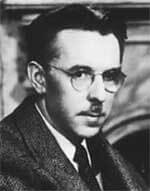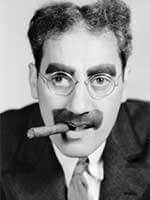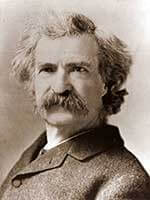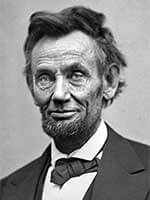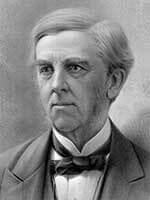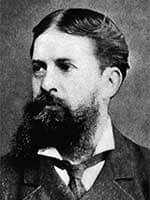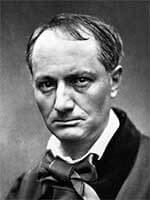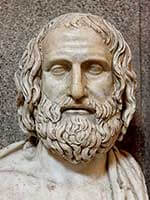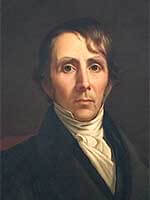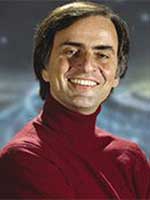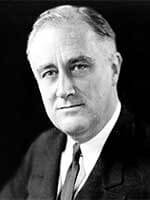Quotes 2921 till 2940 of 6456.
-

It is better for a woman to compete impersonally in society, as men do, than to compete for dominance in her own home with her husband, compete with her neighbors for empty status, and so smother her son that he cannot compete at all.
-

It is better to be high-spirited even though one makes more mistakes, than to be narrow-minded and all to prudent.
-

It is better to have a fair intellect that is well used than a powerful one that is idle.
-

It is better to have loafed and lost than never to have loafed at all.
-

It is better to have loft and lost than to never have loft at all.
-

It is better to have too much courtesy than too little, provided you are not equally courteous to all, for that would be injustice.
-

It is better to keep your mouth closed and let people think you are a fool than to open it and remove all doubt.
-

It is better to remain silent and be thought a fool than to open one's mouth and remove all doubt.
-

It is by no means certain that our individual personality is the single inhabitant of these our corporeal frames... We all do things both awake and asleep which surprise us. Perhaps we have cotenants in this house we live in.
-

It is by surprises that experience teaches all she deigns to teach us.
-

It is by universal misunderstanding that all agree. For if, by ill luck, people understood each other, they would never agree.
-

It is characteristic of all deep human problems that they are not to be approached without some humor and some bewilderment.
-

It is chiefly through books that we enjoy intercourse with superior minds, and these invaluable means of communication are in the reach of all. In the best books, great men talk to us, give us their most precious thoughts, and pour their souls into ours.
-

It is clear that the nations of the world now can only rise and fall together. It is not a question of one nation winning at the expense of another. We must all help one another or all perish together.
-

It is clear to everyone that astronomy at all events compels the soul to look upwards, and draws it from the things of this world to the other.
-

It is common sense to take a method and try it. If it fails, admit it frankly and try another, but above all try something.
-

It is common to distinguish necessaries, comforts, and luxuries; the first class including all things required to meet wants which must be satisfied, while the latter consist of things that meet wants of a less urgent character.
-

It is common to distinguish necessaries, comforts, and luxuries; the first class including all things required to meet wants which must be satisfied, while the latter consist of things that meet wants of a less urgent character.
All all-powerful famous quotes and sayings you will always find on greatest-quotations.com (page 147)


